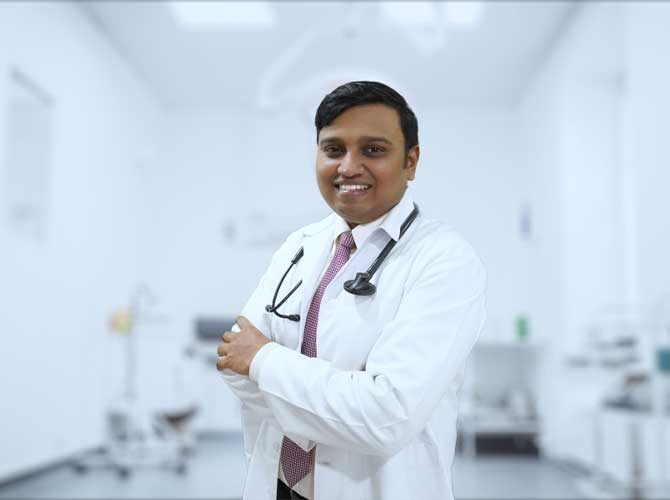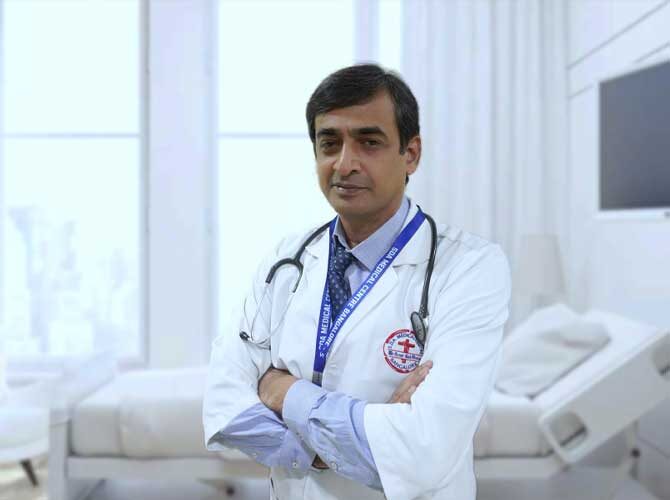A general medicine doctor, also known as an internist or a general practitioner, is a medical professional who specializes in providing primary care for adults. They work in hospitals and clinics, offering comprehensive medical services for a wide range of illnesses and health conditions.
Here are some key responsibilities of a general medicine doctor in a hospital:
- Diagnosis and Treatment: General medicine doctors diagnose and treat various acute and chronic illnesses in adult patients. They assess symptoms, perform physical examinations, order and interpret diagnostic tests (such as blood work, imaging studies, or biopsies), and provide appropriate treatments, including medications, lifestyle recommendations, or referrals to specialists when necessary.
- Preventive Care: General medicine doctors focus on preventive care to promote overall health and well-being. They provide routine check-ups, perform health screenings (such as blood pressure measurements, cholesterol checks, or cancer screenings), administer vaccinations, and offer guidance on healthy lifestyle habits, disease prevention, and health maintenance.
- Chronic Disease Management: General medicine doctors manage chronic conditions such as diabetes, hypertension, asthma, chronic obstructive pulmonary disease (COPD), heart disease, or arthritis. They develop personalized care plans, monitor disease progression, adjust medications, and provide patient education and support to optimize long-term disease management.
- Coordination of Care: General medicine doctors act as coordinators of care, collaborating with other healthcare professionals involved in the patient’s treatment. They communicate with specialists, surgeons, nurses, and allied healthcare providers to ensure integrated and comprehensive care for their patients, particularly when multiple medical conditions are present.
- Acute Care: General medicine doctors are skilled in managing acute medical conditions that require hospitalization, such as pneumonia, urinary tract infections, gastrointestinal disorders, or heart failure exacerbations. They oversee the patient’s care during hospitalization, make treatment decisions, interpret test results, and coordinate discharge plans.
- Health Promotion and Patient Education: General medicine doctors provide patient education on health promotion, disease prevention, and self-management strategies. They offer guidance on nutrition, exercise, weight management, smoking cessation, stress reduction, and other lifestyle modifications to improve overall health and prevent chronic diseases.
- Continuity of Care: General medicine doctors emphasize continuity of care by establishing long-term relationships with their patients. They follow up on patients’ progress, review test results, adjust treatment plans, and provide ongoing medical support and counseling for their patients throughout their adult lives.
General medicine doctors often serve as the primary point of contact for patients seeking medical care. They address a wide range of medical concerns, provide comprehensive care, and refer patients to specialists when needed. They play a vital role in promoting and maintaining the health and well-being of adult patients in a hospital setting.



